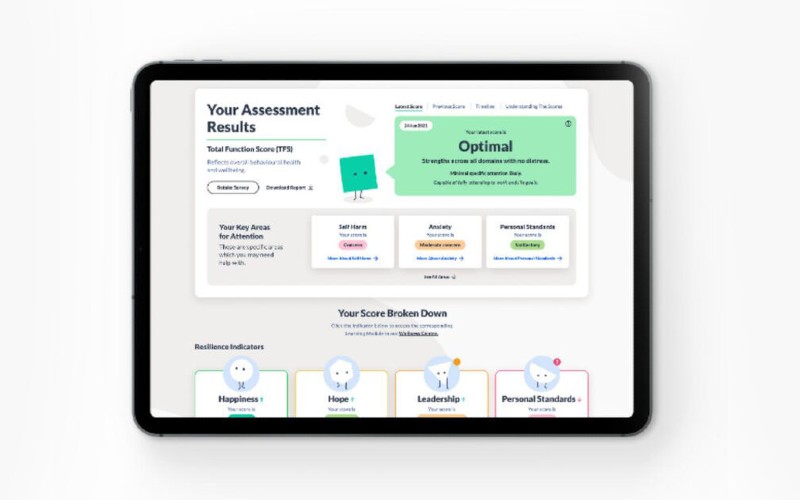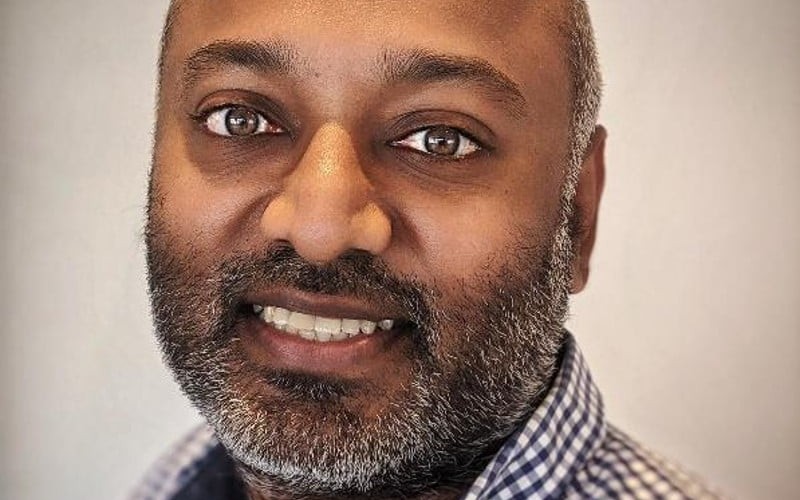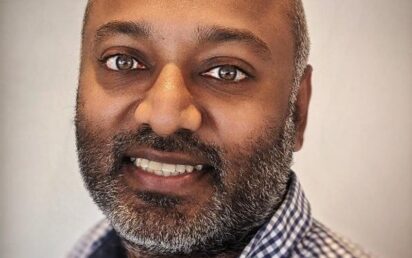The founder of a workplace mental health and wellbeing platform is aiming to reach one million users within three to five years.
MyMynd, which is used by the NHS for its staff, is currently helping tens of thousands of people to keep track of their mental health and offer early identification of any issues.
Co-founder and chief executive Henry Majed, a former NHS neurologist, believes the platform will reach between 50,000 and 100,000 people within the next year – and top one million in at least five years.
The Oxford-based business, which launched its platform in May 2020 and featured on our HealthTech 50 ranking last year, boasts a 60-70% engagement rate compared to 1-2% of workforces with other wellbeing platforms, which Majed says is down to its proactive rather than reactive approach.
“We want to build up people’s protective factors to avoid them becoming unwell in the first place; prevention is better than cure and we don’t want them to reach crisis,” he tells BusinessCloud.
“People don’t always access mental health platforms because they don’t think they relate to them, but we try to put people at ease and build up trust. MyMynd isn’t there because you need it at that point, it’s there to allow you to build up protective factors and get the support you need when you need it.”

Urge to endure
Majed, who has previously held roles with Mars and Johnson & Johnson, was already working on MyMynd pre-pandemic due to what he says was an existing mental health crisis among workforces and an overwhelming “urge to endure”.
This has continued, he says, through the cost-of-living crisis, climate crisis and other big challenges.
Although there was no shortage of mental health apps, the challenge was identifying those who were struggling and being able to get to them with support. People didn’t always use them and there was no personalisation.
Employees fill in a 10-minute online behavioural health assessment every quarter, which offers a detailed understanding of mental health risks and the protective factors that can be taken. Where MyMynd highlights that intervention is needed, a user can be speaking to a professional via video call 20 minutes after the assessment.
While it offers clear benefits to the user, employers also get, anonymously, reports of trends within their workforces, enabling them to alight their wellbeing efforts around the needs of their workers.
“What we’re seeing in smaller organisations especially, is there can be poor social relationships, poor trust and poor hope, so people aren’t always able to have the conversations they need to,” Majed says. “If people don’t talk about things we get what we call ‘quiet quitting’ within organisations, where they move on because they don’t think things will change. The NHS told us it had transformed their workforce and exceeded expectations, and that’s because we’d spent time looking at the barriers to people using these platforms.”
Expansion
With current customers, which include NHS England, University of Oxford, retailers and law firms, the MyMynd team spent time understanding the needs of each organisation, tailoring a product to them that was first tested on a smaller percentage of the workforce. For that reason, reaching one million people within three to five years will partly come through expanding within existing organisations.
Of those using it so far, 50% were identified as areas of concern who would benefit from support, 33% needed one-to-one support and 90% of those took up the support offered.
Behind the success is a team of 12 supported by an ‘incredible’ advisory board that boasts a director of the NHS, global talent director of Mars, a former director of Tesco and a big law firm partner. “We have a really active and engaged advisory board, many of which we meet with on a weekly or fortnightly basis,” Majed says.
HealthTech 50 – UK’s most innovative health technology creators for 2022
The business is currently raising pre-seed top-up funding following an initial £650,000 round that closed last year, which will enable them to hit more milestones, he adds.
Behind the business, motivation comes from a variety of places, including Majed’s own experience of a friend taking his own life 25 years ago – and a feeling that this doesn’t need to be the case. “We don’t want to be the heroes, we want to be effective,” he says.
“We’re optimising for reach and impact.”


